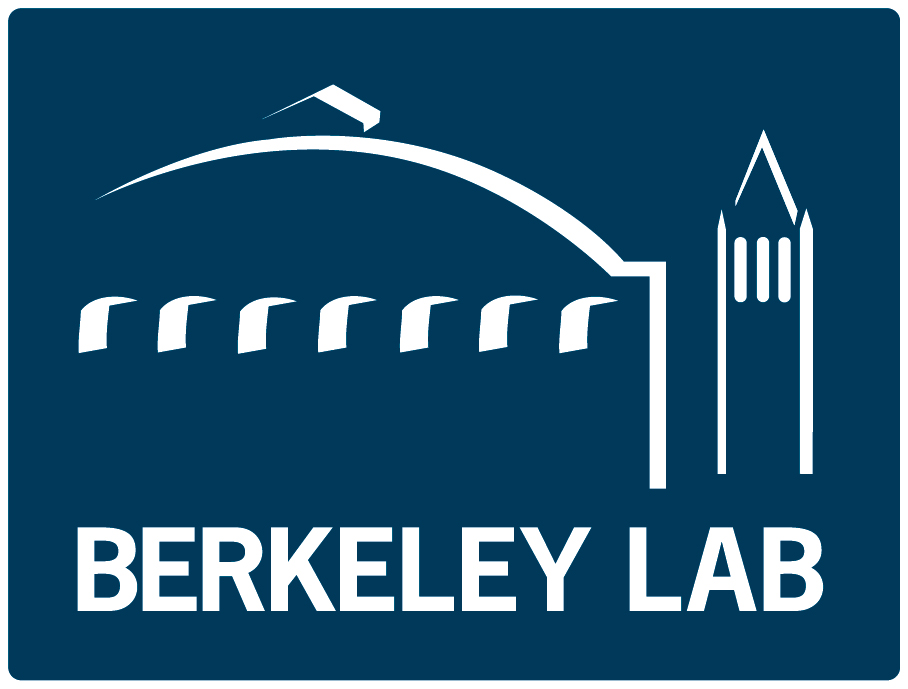Even the most seasoned Lawrence Berkeley National Laboratory staff member is challenged to describe the breadth of expertise available and technologies under development at the lab. A newly launched video, narrated by Peter Coyote, meets the goal of presenting the range of biotech, imaging, materials and energy-related innovation underway, opening the door to new industry … [Read more...] about Video Highlights Lab Expertise, Partnership Opportunities
News
Local, Nonvolatile Doping of Two-Dimensional Materials 2014-097
For electronics manufacturing companies that plan to use electrostatic gating and substitutional doping to induce charge carriers in two-dimensional (2D) materials but are dissatisfied with the inability of these methods to produce nonvolatile doping profiles with nanometer resolution. Berkeley Lab’s Local Doping of Two-Dimensional Materials offers a process for locally doping … [Read more...] about Local, Nonvolatile Doping of Two-Dimensional Materials 2014-097
Berkeley Lab CTTO Highlighted
Innovation Magazine highlighted Berkeley Lab's Chief Technology Transfer Officer Elsie Quaite-Randall in its latest issue. Quaite-Randall emphasized the importance of industry partnerships and outlined ways the Innovation and Partnerships Office is prepared to move technologies from the lab to the marketplace, to benefit society. Go here to read the article. … [Read more...] about Berkeley Lab CTTO Highlighted
Berkeley Lab Startups in the News
January was a busy month for Berkeley Lab startups. Second Genome announced its drug to treat inflammatory bowel disease had entered Phase 1 testing (read more here). Lithium ion battery startup Seeo reached a key testing phase in the development of its next generation technology (read more here). The CEO of WaterHealth International participated in the US-India Forum, … [Read more...] about Berkeley Lab Startups in the News
Groundbreaker Second Genome Featured in Fast Company
The evolution of biotech company Second Genome and its focus on finding a platform to cure disease are detailed in a feature piece by Fast Company. Second Genome was spun out from work by Berkeley Lab researchers Gary Andersen and Todd DeSantis. To read the entire piece, go here. … [Read more...] about Groundbreaker Second Genome Featured in Fast Company
